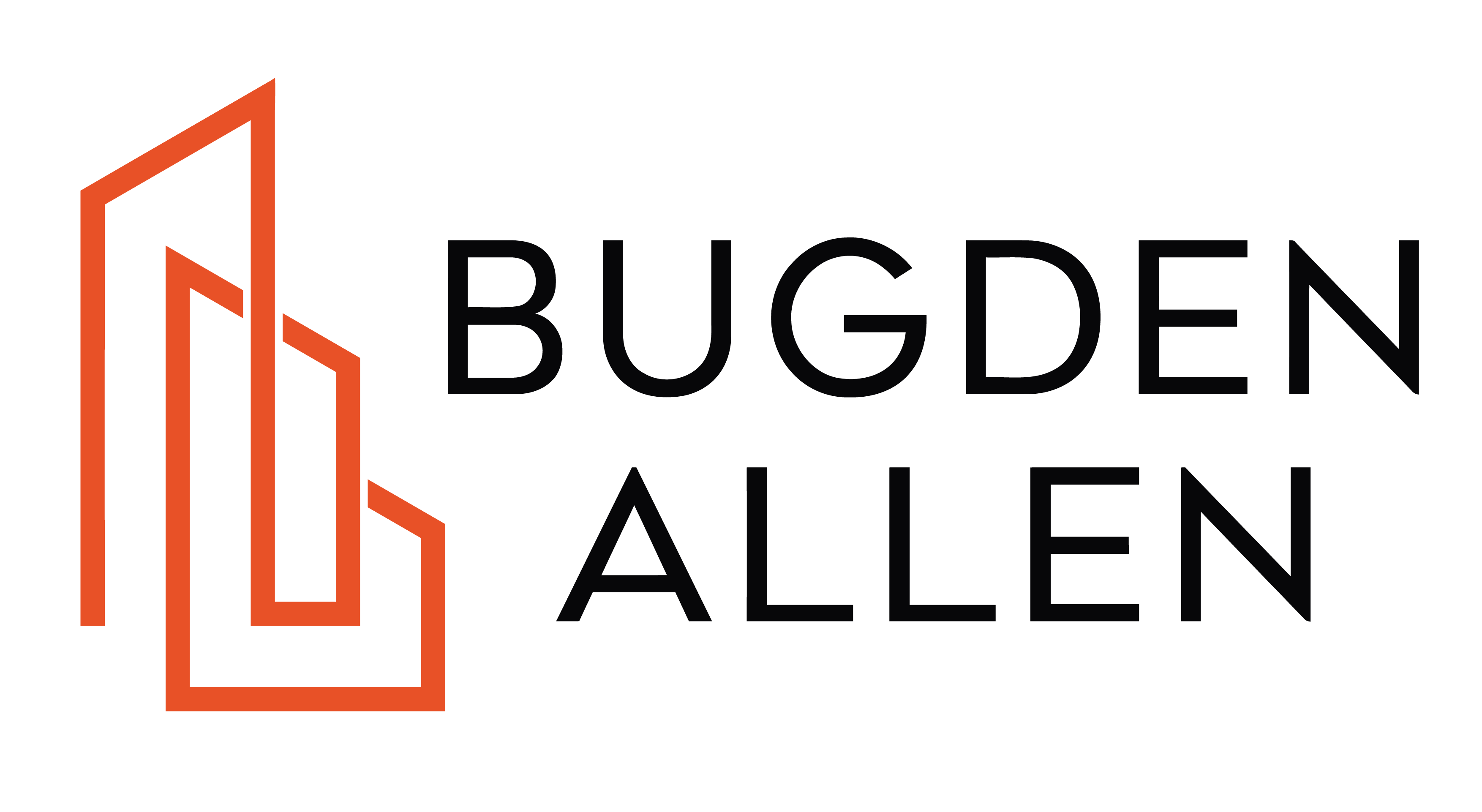Residential Tenancies Amendment (Protection of Personal Information) Bill 2025 introduced into NSW Parliament
The NSW government stays the course on rental law reforms and introduces a new set of amendments in the Residential Tenancies Amendment (Protection of Personal Information) Bill 2025 (the Amendment Bill). The Amendment Bill was introduced into Parliament on 27 June 2025 and sought to further amend the Residential Tenancies Act 2010, with an aim to protect the tenants’ personal information and to introduce fairer practices in letting residential premises.
This Amendment Bill proposes changes that will affect the operation of landlords, agents, and any third parties that maintain a tenancy database or collect information with respect to prospective tenants. If you would like to understand how this Amendment Bill will impact your role as one of these entities, you can get in touch with us for some legal advice.
Key changes proposed in the Amendment Bill include the following:
1. Protection of tenants’ personal information
The Amendment Bill seeks to introduce new rules surrounding the collection of personal information from prospective tenants and limitations on the use and retention of any such information by the landlord, agent or technology company that has access to the data.
Landlords, agents, or any third-party entities which held tenants’ personal information will be required to handle the information in accordance with the Australian Privacy Principles under the Privacy Act 1988 (Cth).
In relation to the collection of personal information, a landlord, agent or third-party entity may only collect information directly from the tenant. If the tenant chooses not to submit the information a third-party, the landlord or agent must also ensure there is an alternative method for the tenant to directly provide their personal information.
Collection of information from prospective tenants will have to be done via the tenancy application with approved form and identity verification information may only be collected from the tenant intending to enter into the residential tenancy agreement.
NCAT will have the power to restrict the collection, use or disclosure of personal information or to require the access or destruction of the information.
2. Landlords and agents to comply with disclosure requirements
A landlord or agent will be prohibited from using digitally generated or altered images that would be reasonably likely to mislead or deceive a person when advertising the residential premises, unless it is disclosed in the advertisement.
If a residential premises includes an exclusive supply network, the landlord or agent must disclose the existence of the supply network and the relevant service supplied by it when advertising the rental premises and before the tenant enters into the residential tenancy agreement.
3. Landlord to provide rent record on termination
A landlord or agent must provide the tenant a rent record after the termination of tenancy. Failing to provide the rent record within a prescribed period under the regulation (or within 7 days after the termination, if there is no prescribed period) will make the landlord or agent liable for penalty.
4. Increased penalties for non-compliance
The Amendment Bill seeks to introduce penalties or apply higher penalties to the following offences:
- a landlord or agent not using the standard form of residential tenancy agreement or adding prohibited terms;
- any person requiring a tenant to make payments for purposes other than what is permitted in the legislation;
- a landlord or agent not providing or allowing a prescribed way for the tenant to pay rent;
- a landlord or agent failing to keep a rent record in accordance with the prescribed form, or failing to provide the rent record in time upon a tenant’s written request or within prescribed period after termination; and
- a landlord, agent or database operator failing to comply with the legislative requirement when using, listing or managing personal information in a residential tenancy database.
5. Pets allowed to be kept after moving in
A tenant who makes an application for the landlord’s consent to keep an animal within 7 days after entering into a tenancy agreement is allowed to keep the animal at the premises until the landlord provides a written response.
BAGL will keep monitoring the status of the Amendment Bill and provide updates on the proposed changes.
– Solicitor Coco Chen, NSW
© Bugden Allen Group Legal Pty Ltd. This is general information only and not legal advice. You should not rely on this information without seeking legal advice tailored to your specific circumstances.




